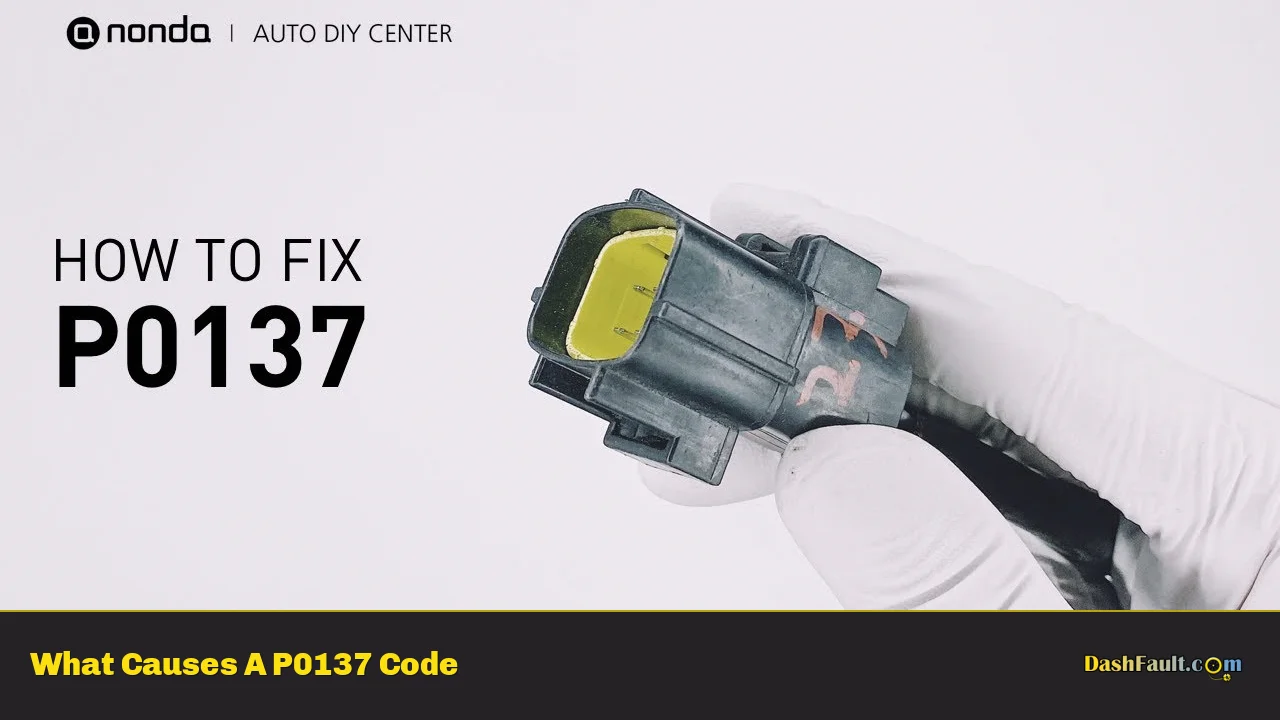Are you experiencing a P0137 code in your car? This code often indicates an issue with your car’s oxygen sensor, which can lead to a decrease in performance and fuel economy if left unchecked. Fortunately, with the help of experienced mechanics, you can diagnose and repair this issue quickly and effectively. In this article, we’ll explore the causes of a P0137 code, the signs to look for, and some preventative measures to keep your car running smoothly.
What Causes a P0137 Code and How to Fix It
When your car displays a P0137 code, it is usually related to an issue with your vehicle’s oxygen sensor. This can cause a decrease in performance and fuel economy if not addressed properly. This article will discuss what causes a P0137 code, the symptoms to look out for, as well as preventative measures you can take to keep your car running smoothly. We’ll also discuss the steps involved in diagnosing and repairing the issue. Finally, we’ll provide a table for quick reference outlining the causes, symptoms, and preventative measures for a P0137 code.
Faulty Oxygen Sensor
The most common cause of a P0137 code is a faulty oxygen sensor. The oxygen sensor is responsible for measuring the amount of oxygen in the exhaust, which helps the engine adjust the air-fuel ratio. When the oxygen sensor isn’t working properly, the engine won’t be able to adjust the air-fuel ratio accurately, resulting in poor performance and fuel economy.
Vacuum Leaks
Vacuum leaks can also cause a P0137 code. Vacuum leaks occur when the engine isn’t getting enough air, which can prevent the oxygen sensor from working properly. Vacuum leaks can be caused by a variety of issues, such as worn engine gaskets, broken hoses, or loose clamps.
Exhaust Leaks
Exhaust leaks can also cause a P0137 code. Exhaust leaks can occur anywhere in the exhaust system, from the manifold to the catalytic converter. Exhaust leaks can cause a decrease in engine performance and can lead to higher emissions and fuel consumption.
Faulty Fuel Injectors
Faulty fuel injectors can also cause a P0137 code. Fuel injectors are responsible for delivering the correct amount of fuel to the engine. When they become clogged or worn, they won’t be able to deliver enough fuel, resulting in a decrease in performance and fuel economy.
Faulty Fuel Pump
Finally, a faulty fuel pump can also cause a P0137 code. The fuel pump is responsible for delivering fuel from the tank to the engine. When the fuel pump fails, the engine won’t receive enough fuel, resulting in poor performance and fuel economy.
By understanding the causes of a P0137 code, you can take the necessary steps to prevent or repair it. A faulty oxygen sensor, vacuum leaks, exhaust leaks, faulty fuel injectors, and a faulty fuel pump are all common causes of this code. Taking the time to inspect and repair these components can help ensure your car is running smoothly and efficiently.
Key Takeaways About What Causes a P0137 Code
- Faulty oxygen sensor
- Vacuum leaks
- Exhaust leaks
- Faulty fuel injectors
- Faulty fuel pump
A P0137 code is an indication that something is wrong in your vehicle’s oxygen sensor, vacuum, exhaust, or fuel system. From a faulty oxygen sensor to a clogged fuel injector, there are a number of potential causes that can lead to a P0137 code. Taking the time to inspect and repair these components can help you ensure your car is running smoothly and efficiently. By understanding the potential causes of a P0137 code, you can take the necessary steps to prevent and repair it.
https://www.youtube.com/watch?v=D7iaXnsbzWQ
